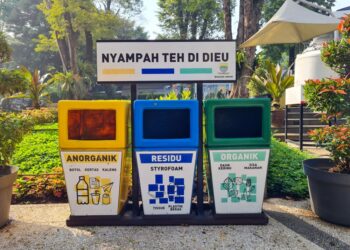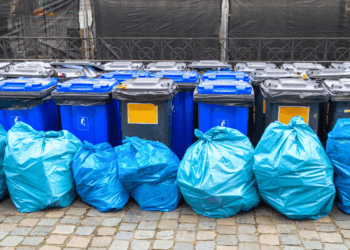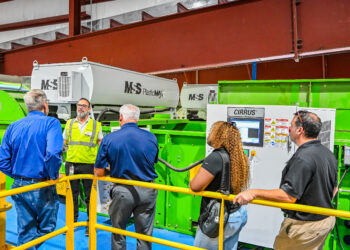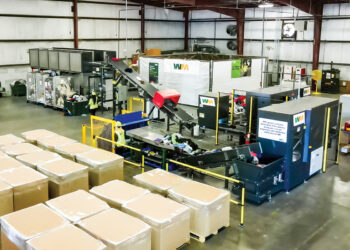Resource Recycling News
Borealis, Borouge aim to bolster PE, PP recycling in Indonesia
Plastics recycling in the Southeast Asian nation focuses on PET and on industrial and commercial waste, while post‑consumer polyolefin packaging...
Women in Circularity: Casey Plasker
In this series, we spotlight women moving us toward a circular economy. Today, we meet Casey Plasker of Circularly.
Recycling education needs consistency, simplicity
Several members of Circular Action Alliance team shared insights during a workshop at the 2026 Resource Recycling Conference in San...
RCI, CurbWaste partner on waste management software
CurbWaste now provides the operational management and data platform for the Recycling Certification Institute, which works to improve transparency in...
Battery fire risk isn’t going away. Insurance is responding
In 2026, insurability may depend on how convincingly facilities can demonstrate they are both preventing ignition and limiting catastrophic loss...
Arizona, Reynolds reach settlement on Hefty bag lawsuit
Arizona reached a settlement with Reynolds Consumer Products requiring the company to overhaul packaging nationwide.
WM opens new $90m MRF in south Florida
The new facility is expected to process the most volume of recyclables in the hauler's MRF network.
Minnesota publishes prelim EPR assessment
The report will inform recommendations featured in the next report to develop the state's EPR program for packaging.
Vermont’s battery stewardship law targets fire risk
The state's new law gives residents more options to safely dispose of everything from single-use alkaline batteries to medium-format e-bike...
Where textile MRFs fit in a global recovery system
As questions about sorting locally intensify, the concept of a domestic textile MRF has gained attention.






















